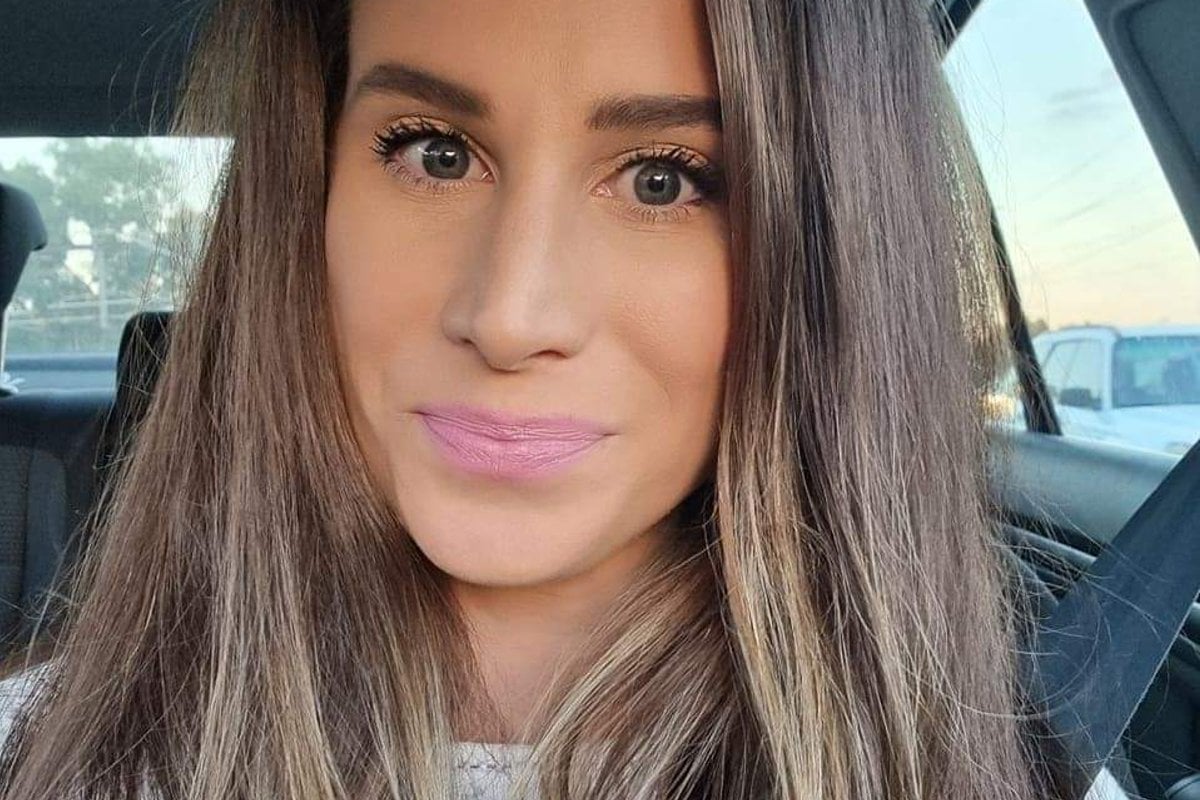
Kiera Elliot-Picket was one of the first in her friendship group to have a baby. At just 27 when she fell pregnant with her son, and at the time, had a large friendship circle.
These were deep friendships. Friendships that had spanned decades. Friendships Elliot-Picket assumed would be forever.
“I was always the person to bring everyone together,” says Elliot-Picket. But her pregnancy was difficult. She couldn’t be the organiser anymore, and so the girls lost touch.
“I remember hiding from them during my horrible and sick pregnancy, hardly seeing them for the nine months.”
Then her son was born. And things got even worse.
“They met him once. During the dinner, it was joke after joke about his size, and what my life had turned into.”
Elliot-Picket spiralled into postnatal depression and began seeing a therapist who helped her put the experience into context, but she says, it still gets to her.
“It was one of the hardest, most alone times of my life. Losing those friendships — friendships that weren’t built on a drunken club-bathroom chat, I went to primary and high school, travelled with, and nurtured these women — has since made me question my self worth.
“In saying that, they also did me a massive favour.”
Elliot-Picket joined a mother’s group she describes as “a lucky blessing” that resulted in strong connections and new friendships.
